Description
What is Azoran® Azathioprine Tablet?
Azoran® Azathioprine Tablet belongs to a group of medicines called immunosuppressants. It is used with other medicines to prevent your body from rejecting an organ (such as a kidney, heart, or liver) after a transplant. It is also used in the treatment of rheumatoid arthritis.
Azoran® Azathioprine Tablet works by weakening the body’s immune system, so it does not attack the new organ. The amount of medicine to be taken and how often you need to take it will depend on the type of transplant you have. Follow your doctor’s instructions on this. You should take it along with food. Take the medicine regularly to get the most benefit and keep taking it even if you feel well. If you stop taking it, you may increase the chances of rejecting your transplanted organ.
It has many potential side effects. The most common are loss of appetite, nausea, and increased risk of bleeding. Because it suppresses your immune system, you may catch infections easily. There’s also an increased risk of developing some cancers for this reason. You should ask your doctor about side effects that may need urgent medical attention.
Azoran® Azathioprine Tablet can cause birth defects and miscarriages so do not take it if you are pregnant, planning to become pregnant, or breastfeeding. You should talk to your doctor before taking this medicine if you have any signs of infection or if you have any unexpected bruising or bleeding. Your doctor also needs to know what other medicines you are taking as there are many which interact with this medicine and affect the way it works. You will have regular tests to check for any changes in the number of your blood cells.
Benefits of Azoran® Azathioprine Tablet
In Prevention of organ rejection in transplant patients. Azoran® Azathioprine Tablet is an immunosuppressive agent that lowers your immune response and reduces the chance of your body attacking the transplanted organ. Organ rejection happens when your immune system treats the new organ as an invader and attacks it. This medicine may be used in combination with other medicines to suppress the immune system and help your body accept the new organ.
In Treatment of Rheumatoid arthritis. Azoran® Azathioprine Tablet works by blocking the action of some chemicals which cause inflammation. It can help reduce pain, stiffness, and swelling in your joints and slow down the progression of bone and joint damage. This will help you do normal daily activities more easily and thus improve your quality of life. This medicine should be taken at the same time each day to get maximum benefits. Keep taking it even if you feel well because it is preventing future harm as well as improving your symptoms.

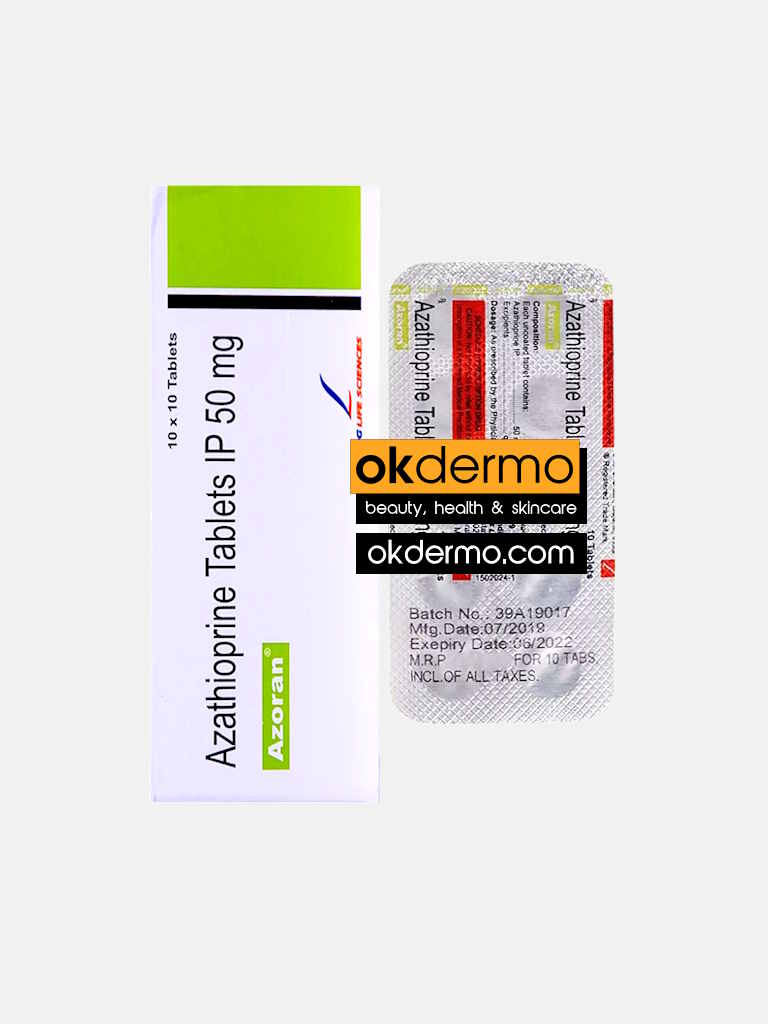
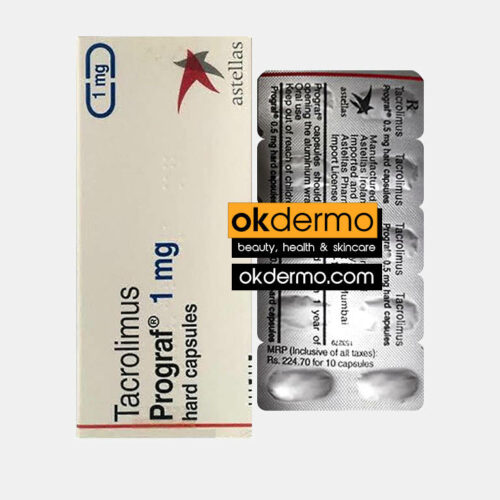
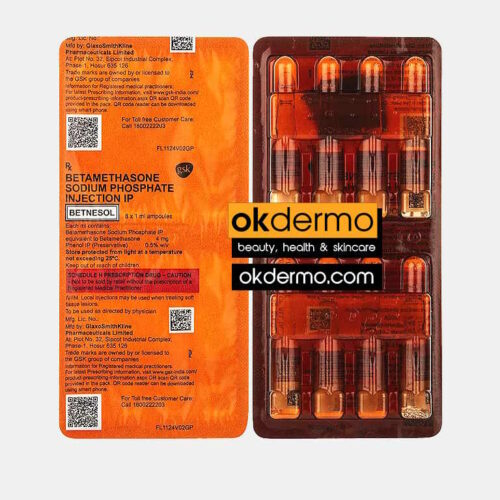
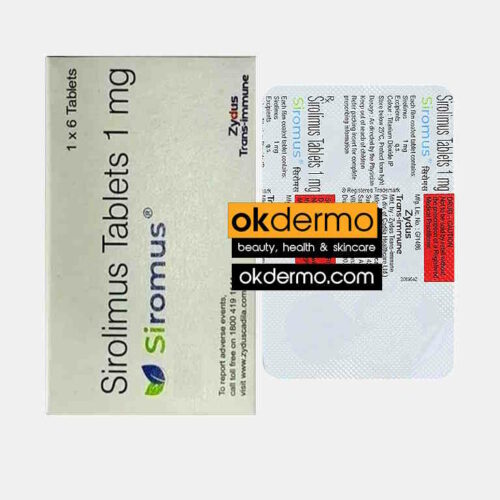
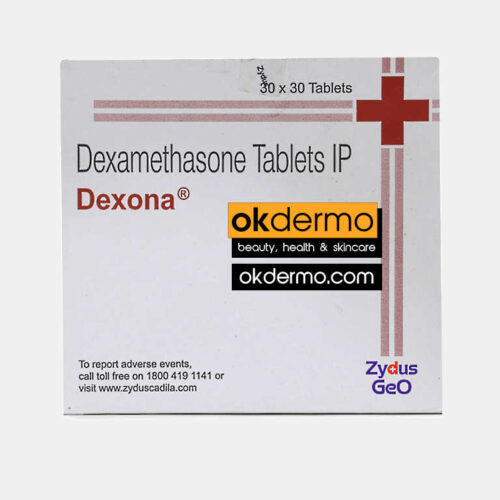
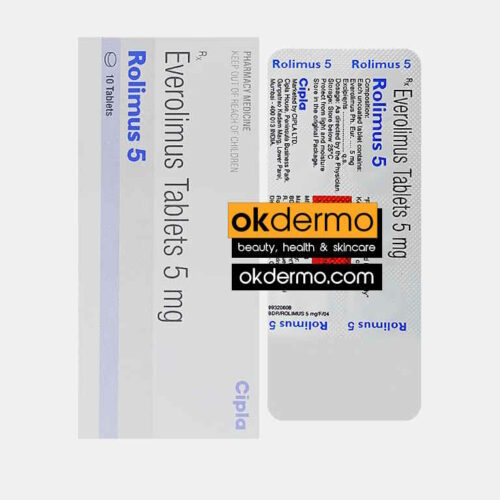
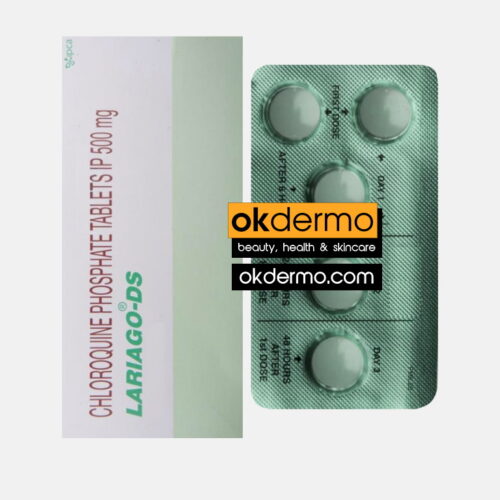
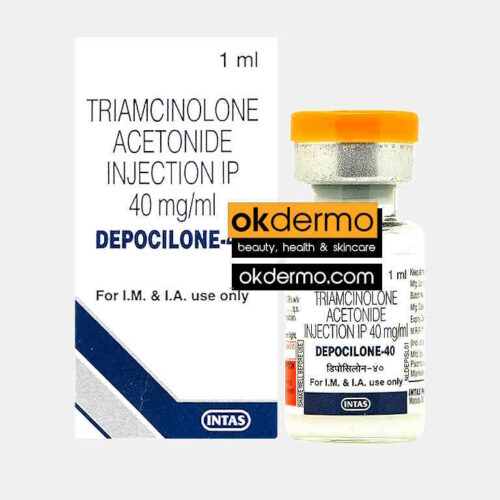

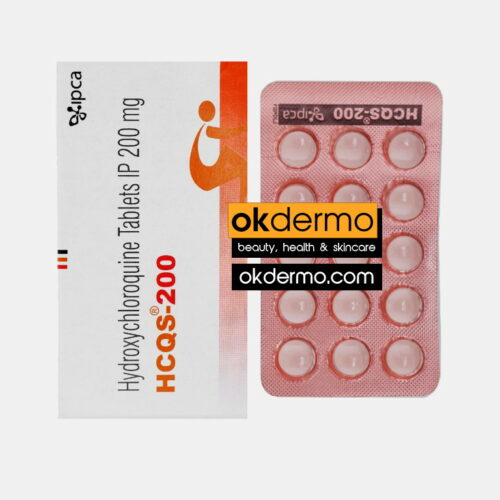
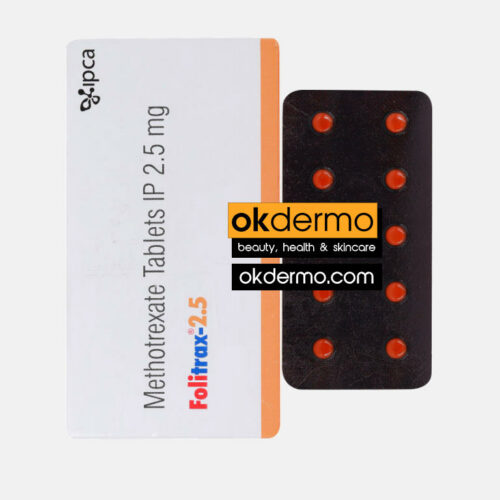















Reviews
There are no reviews yet.